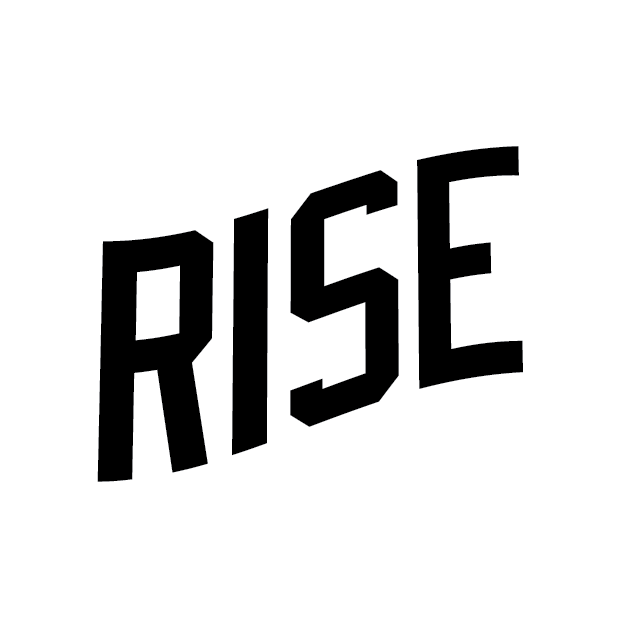DEI June: LGBTQ+ Pride Month
by RISE DEI Committee
The RISE Diversity, Equity, and Inclusion Committee invites you to recognize LGBTQ+ Pride Month during June, as this directly impacts the people we work with and care about.
LGBTQ people are overrepresented at every stage of the criminal justice system, starting with juvenile justice system involvement. As a result, they are arrested, incarcerated, and subjected to community supervision at significantly higher rates than straight and cisgender people. (Cisgender people are individuals whose gender identity matches the sex they are assigned at birth.)
According to the Prison Policy Initiative young transgender and queer women are especially overrepresented.
An estimated 20% of youth in the juvenile justice system are lesbian, gay, bisexual, questioning, gender nonconforming, or transgender, compared with 4-6% of youth in the general population.
40% of girls (assigned female at birth) in the juvenile justice system identify as LBQ and/or gender non-conforming.
This overrepresentation is primarily due to the obstacles that LGBTQ youth face after fleeing abuse and lack of acceptance at home because of their sexual orientation or gender identity. In order to survive, LGBTQ youth are pushed towards criminalized behaviors such as drug sales, theft, or survival sex, which increase their risk of arrest and confinement.
High rates of criminal justice system contact continue into adulthood. An analysis of data from the National Survey on Drug Use and Health (NSDUH) revealed in 2019, gay, lesbian, and bisexual individuals were 2.25 times as likely to be arrested in the past twelve months than straight individuals. This disparity is driven by lesbian and bisexual women, who are 4 times as likely to be arrested than straight women; meanwhile, gay and bisexual men are 1.35 times as likely to be arrested than straight men.
The Movement Advancement Project and Center for American Progress have explained how discrimination and stigma – like family rejection, poverty, unsafe schools, and employment discrimination – lead to criminalization. They argue that ending the criminalization of LGBTQ people will require broad social and policy changes, including (but not limited to):
Increasing support for LGTBQ youth within families, schools, communities, and other institutions
Eliminating discrimination against LGBTQ people in housing, employment, and other realms
Eliminating homelessness among the LGBTQ population
Ending the criminalization of sex work
Enacting drug policy and sentencing reforms
Unfortunately, incarcerated queer and trans people, including immigrants detained in detention centers, still face traumatic conditions. They are vulnerable to physical and sexual violence by correctional officers as well as other incarcerated people.
Trans immigrants are 97 times more likely to be sexually assaulted under custody of Immigration and Customs Enforcement (ICE).
Black, Latinx, mixed race, and indigenous people reported being twice as likely to be put into segregation. Additionally, trans women are often placed in men’s prisons, even after they’ve transitioned.
Become more informed.
On February 25, 2021, Our Fund Foundation hosted a panel discussion to talk about LGBTQ people interacting with the criminal justice system. Scott Greenberg, Executive Director of LGBTQ Freedom Fund, and Marq Mitchell, Executive Director of Chainless Change, representing two organizations that work toward change in the criminal justice system, sat on the panel and shared their expertise and initiatives at work in South Florida. The discussion was moderated by Senator Shevrin Jones.
Watch the discussion here.
